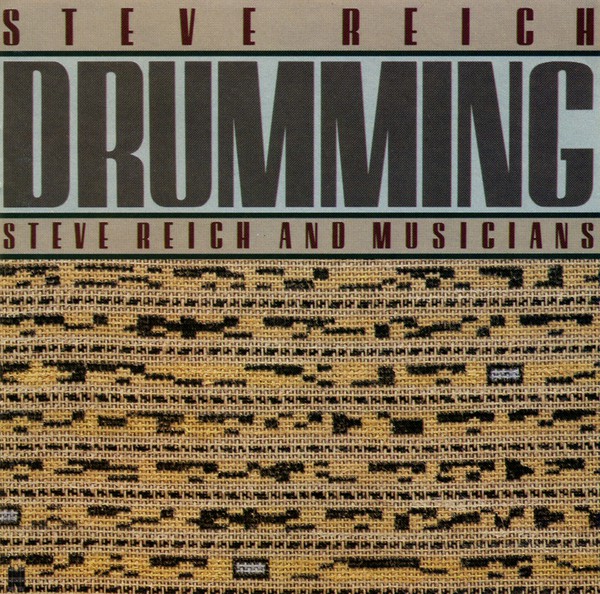4. Steve ReichDrumming

It’s the most extraordinary virtuoso piece. I listened to this a lot right after David died. I think it was because it was like a bomb going off and you’re stunned, so I couldn’t really hold on to tunes. But there was something about the rhythmic pattern in drumming that I found completely compelling. The changes in it with the phasing are so subtle and so powerful. I’m used to a world of digital drum sounds, sample sounds, program sounds, but this is actually people playing and it’s an extraordinary thing.
For me, Steve Reich is a giant out of all the minimalist composers. This is his breakthrough piece where he sets out just how brilliant he is. I think of it as a cornerstone piece of that generation – people like Philip Glass and John Adams. I think Steve Reich is the daddy of all that lot. Steve Reich and Philip Glass had a removal company. Did you know that? When they were young students in New York in the 60s. They were close but I think they fell out. I find Steve Reich’s music fascinating. It’s a captivating sound, I could listen to it all day.
It helped listening to it after David died in the sense that that it was something outside of my head that I could listen to and relate to. Everything else I couldn’t really grasp. But for some reason, this kept my attention. There’s something hypnotic about it. I like the way there’s no lyricism to it. It’s not trying to tell you something, or persuade you of something, it’s just a riddle. It’s just a rhythm and a pitch.


